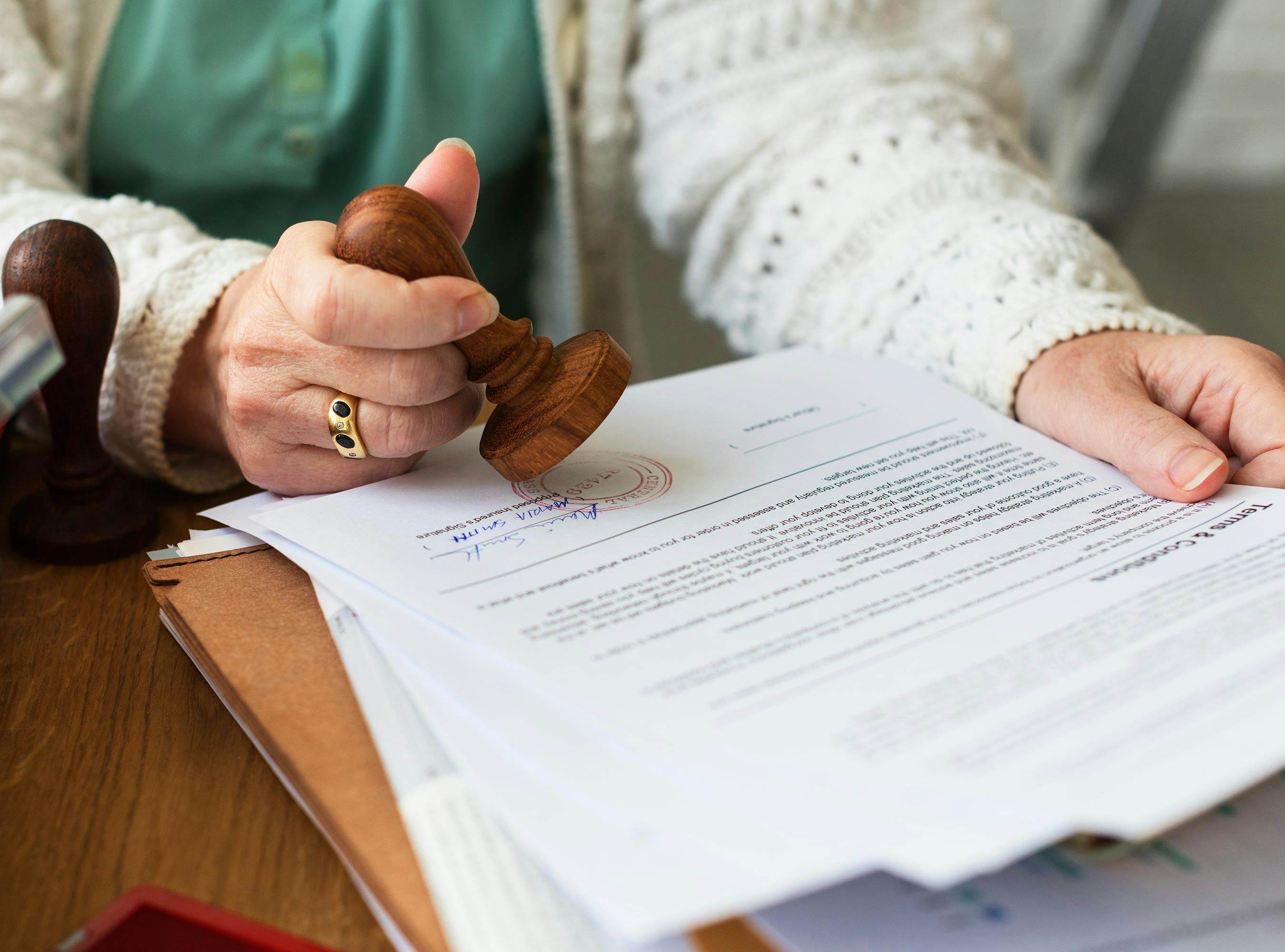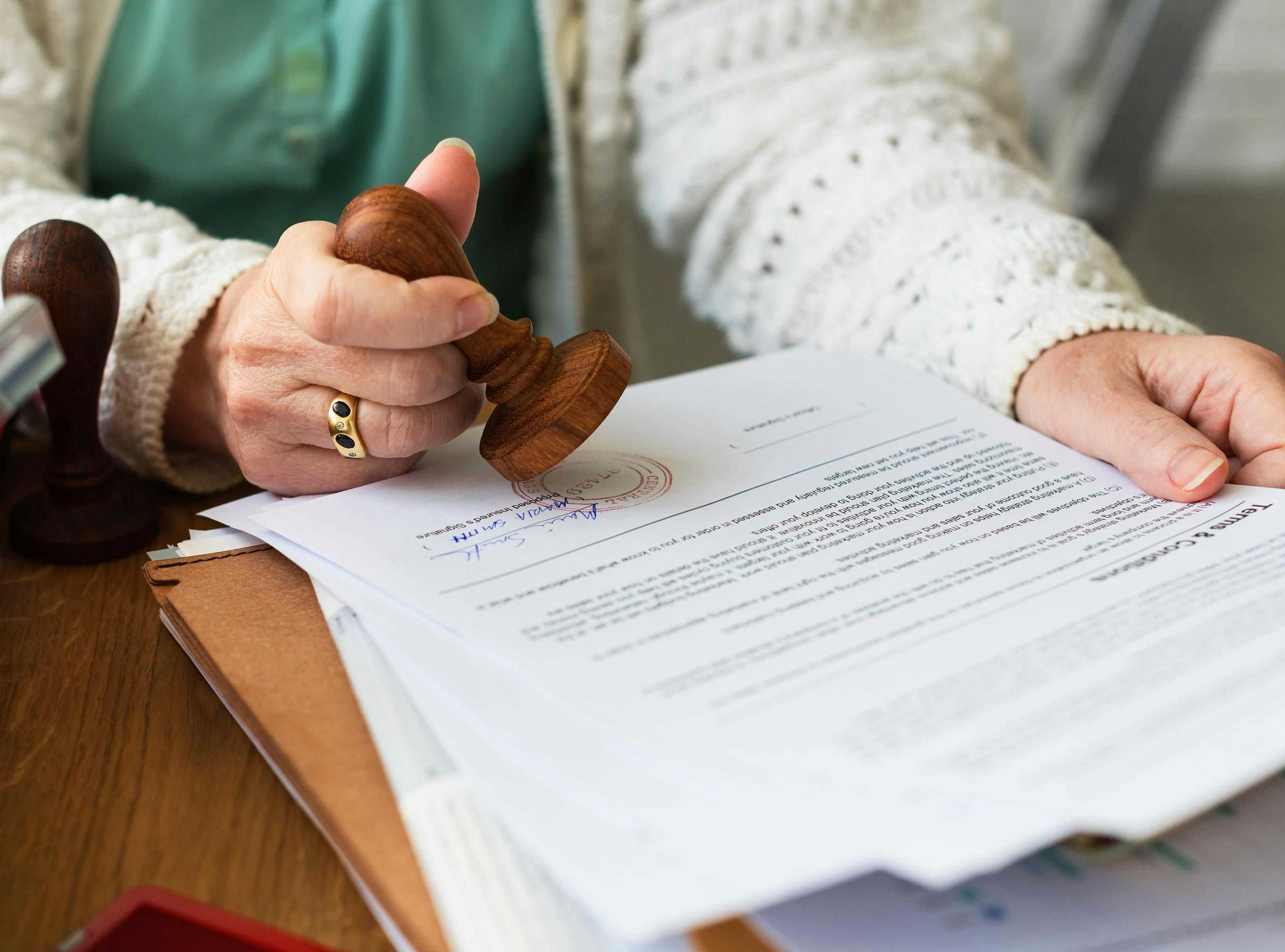Subpoena Duces Tecum vs. Subpoena ad Testificandum
As part of the discovery process, both sides generally require that documentation be disclosed prior to a case advancing. In this realm, a subpoena duces tecum is a subpoena for tangible objects and things. Generally, such a subpoena may include records, notes, or further documentation. It can include a request for an actual physical item of potential evidence, such as a defective item in a product liability case. Ultimately, a subpoena duces tecum demands a party provide something physical to the opposition. In terms of dealing with expert witnesses, a party may use a subpoena duces tecum to request an expert witness to bring their notes, handbooks, papers or research materials for review.
In contrast, a subpoena ad testificandum, is an order summoning a witness to testify orally. Such a subpoena may be used as part of an early attempt to bring an expert into course for review of their credentials and background for possible challenges or attempts to exclude their testimony in the future.
Disclosing Data
Generally, Rule 45 of the Federal Rules of Civil Procedure governs the duties one has when providing documents or electronically stored information. For demands of documents from a party to a lawsuit or their expert witnesses, the form of the documents turned over is important. Documents must be produced as they are kept during the ordinary course of business. They should be organized and labeled to correspond to the categories listed in the subpoena. The idea is to make it easier to see the information requested. Any information stored electronically must be produced in the form it is ordinarily maintained, or in a reasonably usable form.
No Intentional Obstruction
Expert witnesses may not intentionally present requested documents in a state of disarray. There can be no attempts to confuse the attorney for the other side. This is the classic example of hiding a requested document in boxes of irrelevant discovery documentation. Creating a needle in the haystack approach can lead to a possible challenge in court and in front of a judge. Furthermore, expert witnesses may not deliberately withhold evidence requested under a subpoena duces tecum without a response.
A subpoena is a legally enforceable demand for documents or testimony. Documents may not be held from disclosure simply because they contain evidence that is not favorable to their side. Experts are cautioned against discussions designed to avoid turning something over, as failure to comply with a subpoena could result in civil or criminal consequences to the expert.
However, if certain evidence requested is withheld, this must still be acknowledged. The other party must tell explain the reason failure to disclose. Often, information is identified as being in possession of a party or their expert witnesses. However, due to the cost of production, attorney client privilege, geographical burdens, such objections are noted as responses to the opposition. This is why it is important to select expert witnesses with experience in such objections.
Steps for Ensuring Compliance
Once a subpoena has been sent, the recipient needs to identify what they are asking in total. From there, focus on a calendar when a response to the subpoena is needed, aka, the return date. Any extensions should be in writing. A recipient of a subpoena must comply with FRCP 45. In the alternative, a response can be made to request an extension of time to answer or any objections. Lastly, a party could move to quash the subpoena in its entirety.
Contrary Views
Some federal district courts view Rule 45 subpoenas as inappropriate discovery tools for parties and persons. In Alper v. United States, the district court refused to enforce plaintiff’s Rule 45 subpoena that sought documents from defendant’s expert witness. Although acknowledging that the language of Rule 45 was unclear, the Alper court insisted that since a party proffers an expert witness, that witness should be considered under the party’s control. Because the expert witness was “within defendant’s control,” the court noted that Rule 34 rather than Rule 45 governed the requested discovery. Alper decisions seems to be a minority view presently. However, its approach is attractive in streamlining discovery. It also would help in eliminating subpoena service issues for expert witnesses who may live outside of a geographic area of the case.




